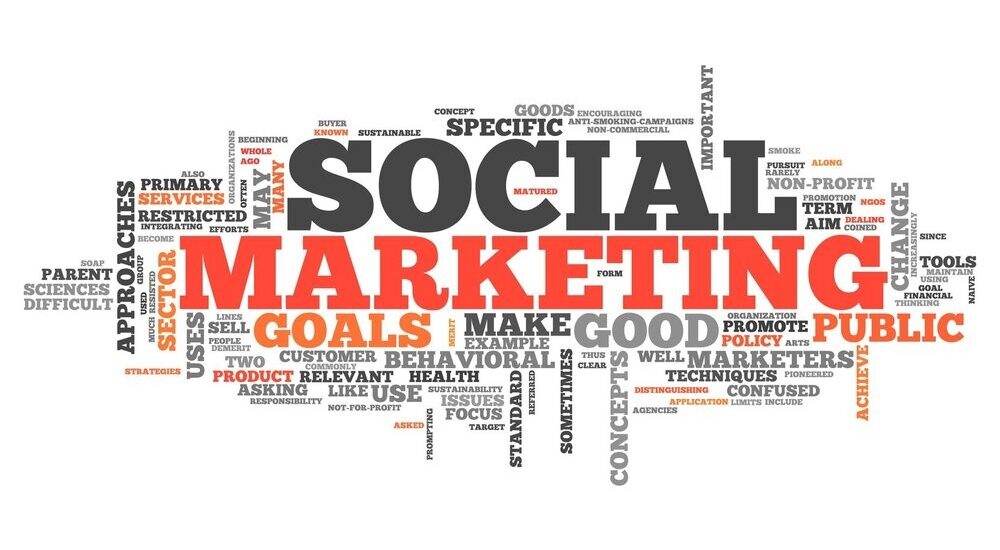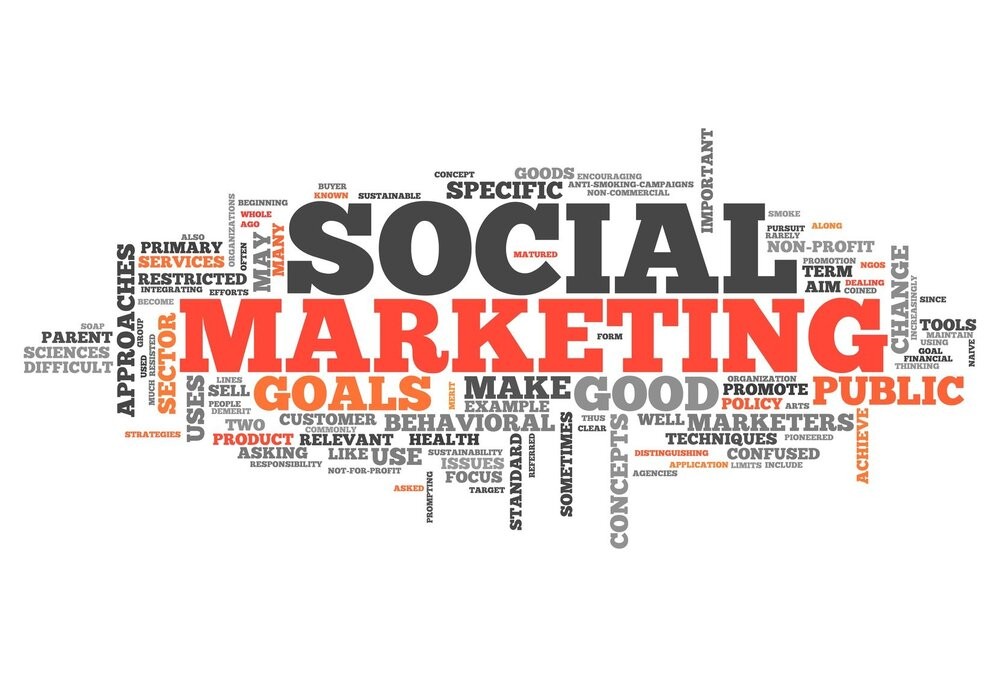
In the digital age, Social Marketing has changed completely. Gone are the days when people relied only on TV, radio, or newspapers to promote their products or services. Today, social marketing has become one of the most powerful tools for businesses, brands, and even individuals. Whether you are running a small business, a freelancer, or just starting, social marketing can help you reach thousands (or even lakhs) of people easily and affordably.
What is Social Marketing?
Using social media platforms like Facebook, Instagram, WhatsApp, LinkedIn, Twitter (X), and YouTube to promote your products, services, ideas, or even yourself. It’s all about creating engaging content and building a strong connection with your target audience online.
But remember, social marketing is not just about posting photos or videos. It’s about strategy, creativity, consistency, and understanding what your audience wants.
Why is Social Marketing Important?
- Wide Reach at Low Cost
- Social media platforms have billions of active users. You can promote your product or service to a large audience without spending a huge amount of money. Even a small budget can give good results when used correctly.
- Targeted Advertising
- Unlike traditional ads, social platforms allow you to target a specific group of people based on age, location, gender, interests, and more. This means your content is seen by the right audience, improving your chances of success.
- Increases Brand Awareness
- Regular and engaging posts keep your brand visible. Over time, people begin to recognize and trust your brand.
- Direct Engagement and Feedback
- Social marketing allows you to connect with customers directly. You can reply to their questions, take feedback, and improve your products or services.
- Boosts Website Traffic and Sales
- By adding links and calls-to-action in your posts, you can drive traffic to your website and generate more leads, sales, or bookings.
Popular Platforms for Social Marketing
- Facebook – Best for building communities, running ads, and sharing long posts or offers.
- Instagram – Visual platform for reels, stories, and photos. Perfect for lifestyle, fashion, food, photography, and more.
- WhatsApp Business – Direct communication tool for personalized offers, updates, and quick customer support.
- YouTube – Long-form video platform. Great for tutorials, vlogs, and product reviews.
- LinkedIn – Ideal for B2B marketing, professional services, and personal branding.
- Twitter (X) – Useful for news, updates, and trending topics.
Types of Social Marketing Content
- Images – Attractive product photos or before-after images
- Videos/Reels – Short, entertaining, or informative content
- Stories – Quick updates, polls, or customer testimonials
- Live Sessions – Real-time interaction with followers
- User-Generated Content – Reviews, unboxing, or tagged posts from customers
- Contests & Giveaways – Great way to increase reach and engagement
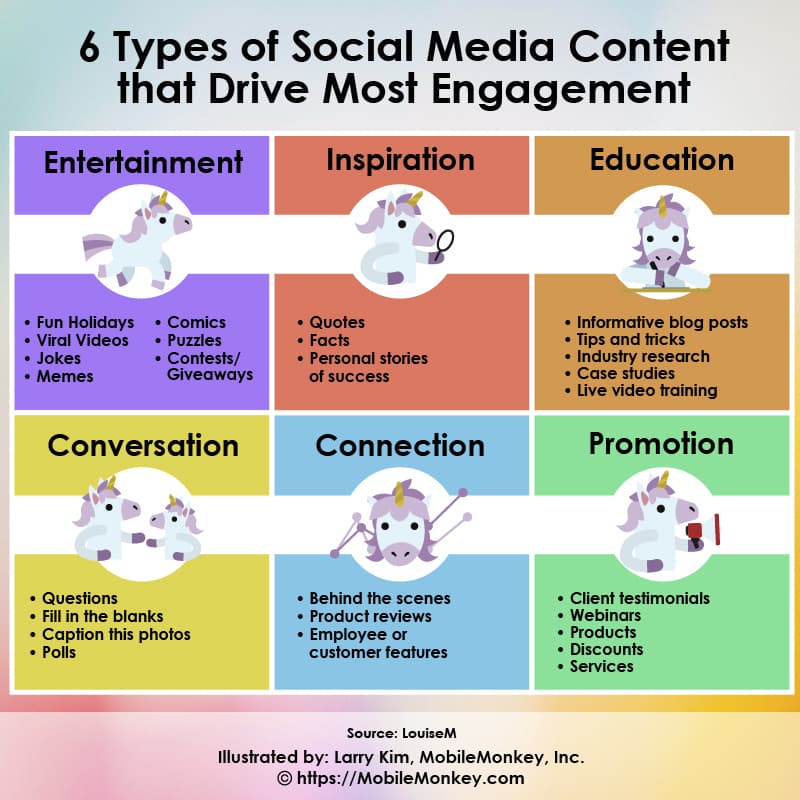
How to Succeed in Social Marketing
- Understand Your Audience
Know who you’re talking to. Are they young professionals, students, parents, or business owners? The better you understand your audience, the more effective your content will be. - Create a Content Calendar
Planning your content helps you stay consistent. Include festivals, promotions, and trending days in your calendar. - Use Hashtags and Trends
Use relevant hashtags to increase the visibility of your posts. Jump on current trends to gain more attention. - Stay Consistent
Posting regularly builds trust. It’s better to post 3 times a week consistently than 10 times one week and nothing the next. - Monitor and Improve
Track your post performance using platform analytics. Find out what’s working and improve what’s not. - Invest in Paid Ads
Social ads are affordable and highly targeted. Even a small budget can bring great results. - Collaborate with Influencers
Partnering with influencers, even local ones, can help you reach a new audience and build credibility.
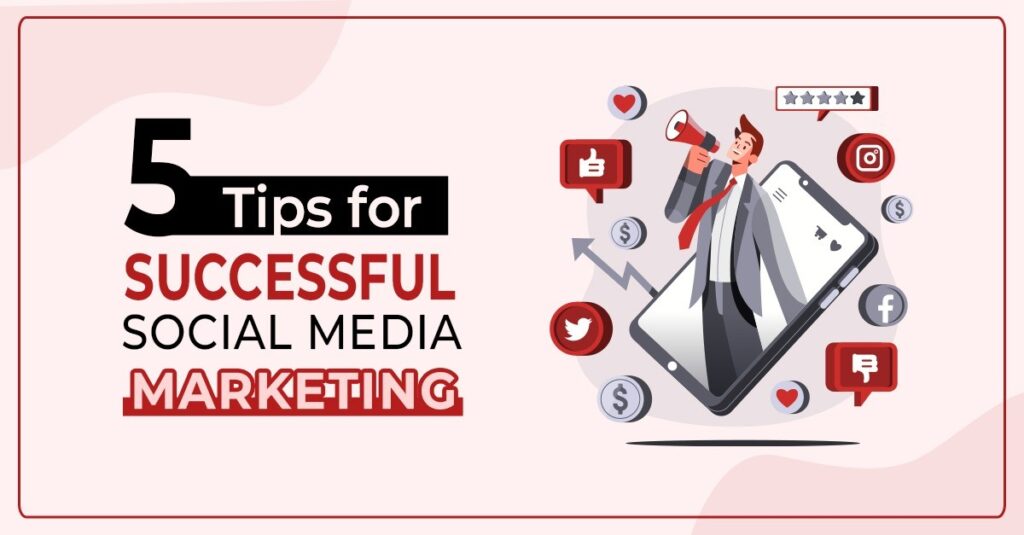
Challenges in Social Marketing
While social marketing has many benefits, there are a few challenges too:
- High Competition – Many businesses are using the same platforms, so standing out can be difficult.
- Changing Algorithms – Platforms often update how content is shown, which can affect your reach.
- Time-Consuming – Creating quality content, responding to messages, and managing accounts takes time.
- Negative Comments – Handling criticism or trolls professionally is important.
With the right approach and patience, these challenges can be managed effectively.
Why is Social Marketing Important
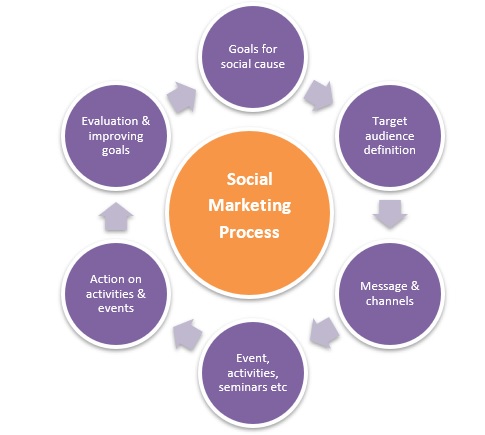
Social marketing is important because it helps bring positive changes in society by influencing people’s behavior for the better. Instead of selling products, it promotes good habits like saving water, staying healthy, following traffic rules, or avoiding plastic. It spreads awareness in a creative way that connects with people emotionally and encourages action.
Governments, NGOs, and brands use social marketing to tackle issues like pollution, health risks, and social inequality. It helps educate the public, shift mindsets, and build responsible communities. In today’s world, where digital platforms have massive reach, social marketing can go viral and create real impact quickly.
By focusing on long-term change rather than short-term results, social marketing plays a key role in improving the quality of life and building a better future for everyone.
Conclusion
Social marketing is not just a trend—it’s an essential part of modern business growth. It allows you to connect with your audience, build brand awareness, and boost sales without a huge budget. The key to success is consistency, creativity, and understanding your audience’s needs.

